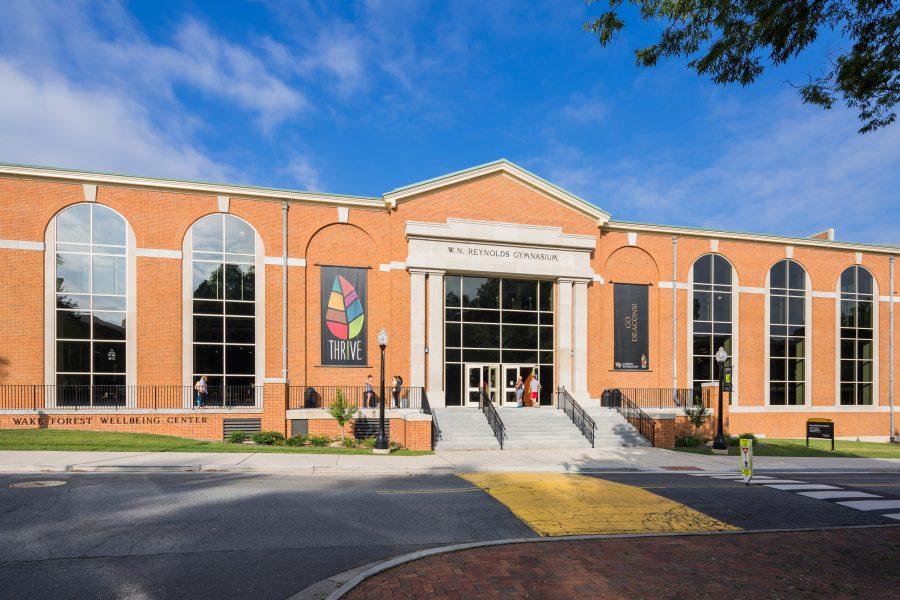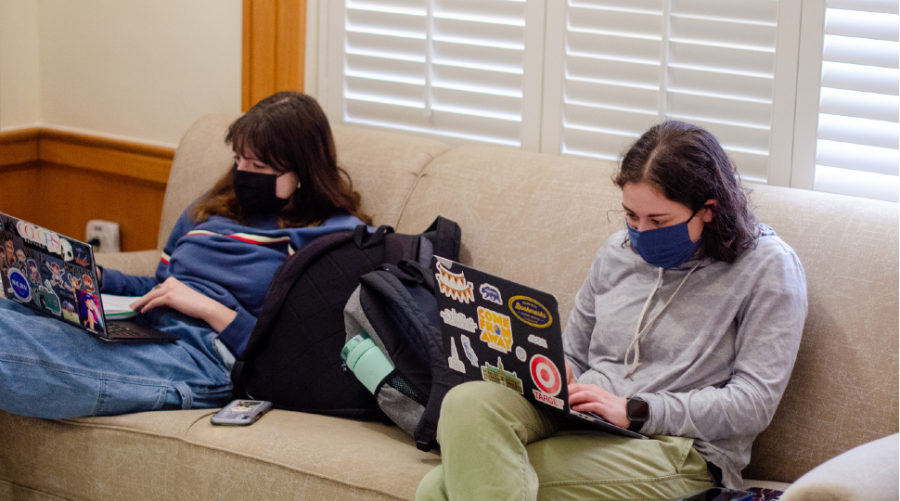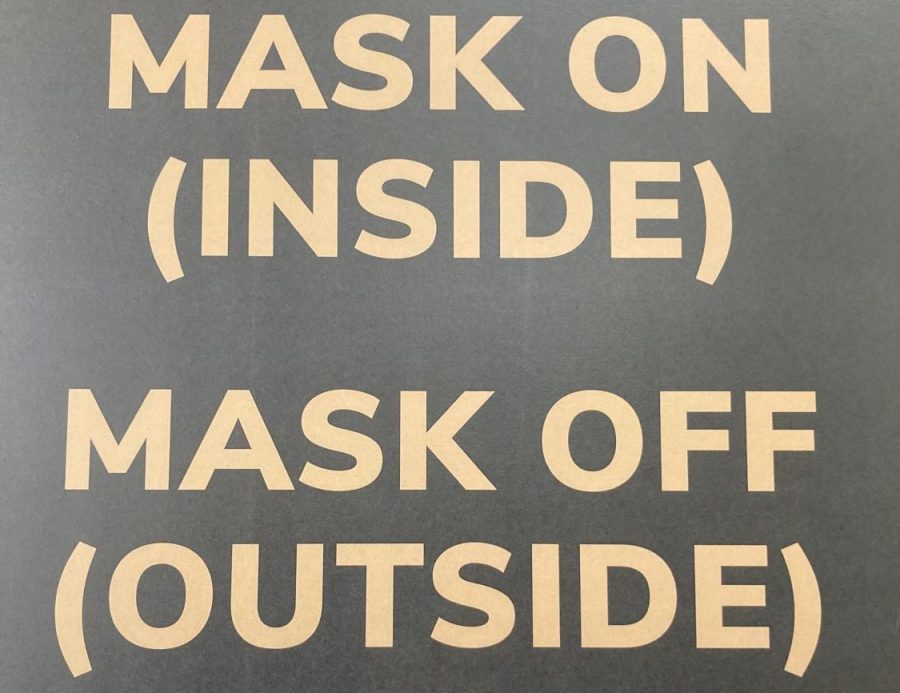Virtualizing a university experience in the midst of the novel coronavirus (COVID-19) pandemic is an incredibly challenging and stressful task to accomplish. As the COVID-19 outbreak becomes more widespread, fear and anxieties increase. With many parts of the U.S. and world under shelter-in-place orders and individuals confined inside their homes, mental health can be at risk for many students. The university’s on-campus resource centers, such as THRIVE and the Office of Wellbeing, have responded to this growing need by virtualizing programs and establishing a larger online presence.
“The whole world is in the most massive crisis I’ve seen in my lifetime, which is certainly going to take a toll emotionally and mentally,” said senior Sadie O’Keefe, whose last semester at the university was recently cut short due to the pandemic. “Nothing seems totally certain and we’re all having to adjust to a new temporary schedule.”
To help the university community cope, THRIVE has virtually continued a traditionally in-person program called wellbeing coaching. The Office of Wellbeing’s website defines wellbeing coaching as “an evidence-based practice that supports an individual’s self-determination in behavior change that is goal-directed and health promoting.” In the new remote format, students, faculty and staff can use phone or video chat to drop in to any of the free 30-minute sessions available for wellbeing coaching. These coaches provide individualized support and structure to help people figure out what works best for them as they adjust their daily routines during a time in which many lives have changed drastically.
“We’ve heard from our students that they’re feeling disappointment, a sense of loss [and that] they didn’t get to say goodbye to friends,” said the interim director of wellbeing, Marian Trattner. “They’re trying to figure out how to manage their time and what it means to be back home when they may have to self-isolate with family members.”
For further support, individuals can enroll with wellbeing coaches for weekly appointments through the end of the semester.
In addition to individual coaching, THRIVE provides resources that can help individuals develop long-term skills to adapt to change. Ashley Hawkins Parham, the program manager of the Office of Wellbeing, explained that the program called “Resilient-Wake” has recently utilized social media to reach students at home through a series on Instagram that goes live at 4 p.m. every Monday through Friday.
“We can see that putting intentional positivity in our thoughts and feelings can make a difference during this time of negativity,” said Hawkins Parham. “We, too, are taking this day by day and we want to be there and help the community when they need it most.”
THRIVE’s remote webpage also provides a list of podcasts, guided meditations and apps that people can download in order to help them find a sense of positivity and calmness amidst this crisis.
Another important dimension of health that THRIVE supports virtually is healthy drinking behavior. According to the THRIVE website, “research shows that stress changes the way your body responds to alcohol and can lead to increases in drinking behavior.” As anxieties are running high throughout the country, THRIVE is ensuring support for the university community.
Additionally, the Brief Alcohol Screening and Intervention for College Students (BASICS) program is one of THRIVE’s behavior change support programs that has recently been virtualized during the university’s closure. According to the Office of Wellbeing’s website, BASICS is “a curriculum to provide objective lifestyle feedback and to support positive changes in drinking behavior.” The goal of the virtualized curriculum is to help people think about how they are using drugs or alcohol and support them in making changes.
While the Office of Wellbeing has been flexible in their ability to virtualize multiple resources and programs, Peter Rives, the assistant director of Wellbeing for Alcohol and Substance Abuse Prevention, mentioned only one challenge — the time crunch.
“The urgency of this work is challenging because people are vulnerable and need help now,” Rives said. “Technology is amazing and the work we do actually translates over to online platforms pretty well, but we’ve only had a little bit of time to do it.”
Though there has been a quick turnaround for many campus centers to virtualize their programs, students have commended the university for the transparency and support for the community that has been prioritizing during this crisis.
“Communication is thorough and efficient, and everyone seems to be airing on the side of caution and compassion,” O’Keefe said. “Wake [Forest] students have incredible resilience and will come out of this stronger.”






















